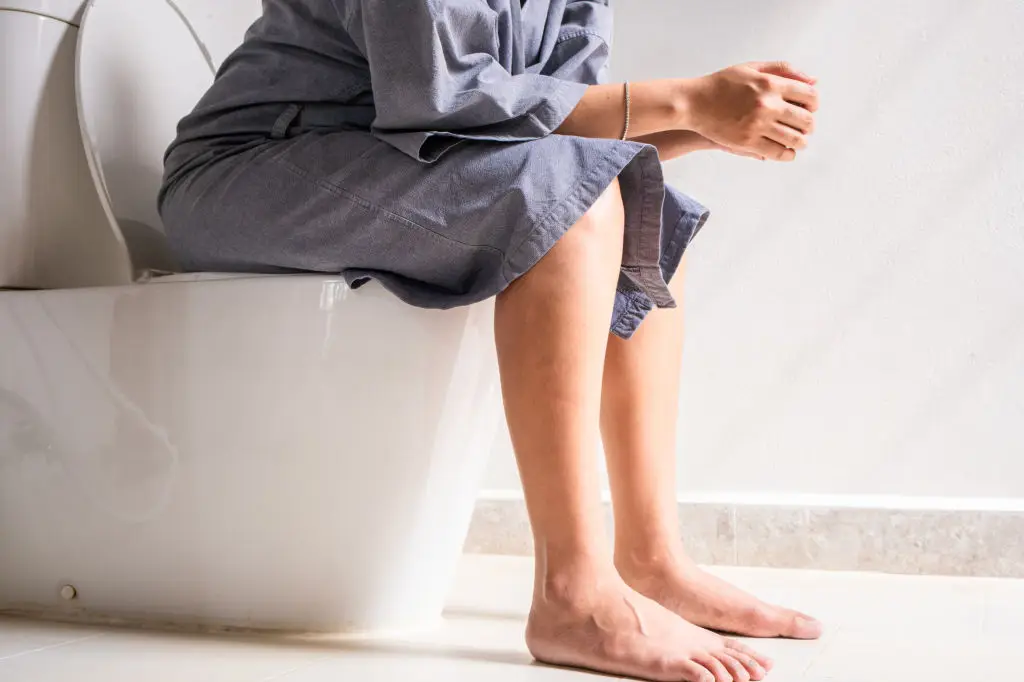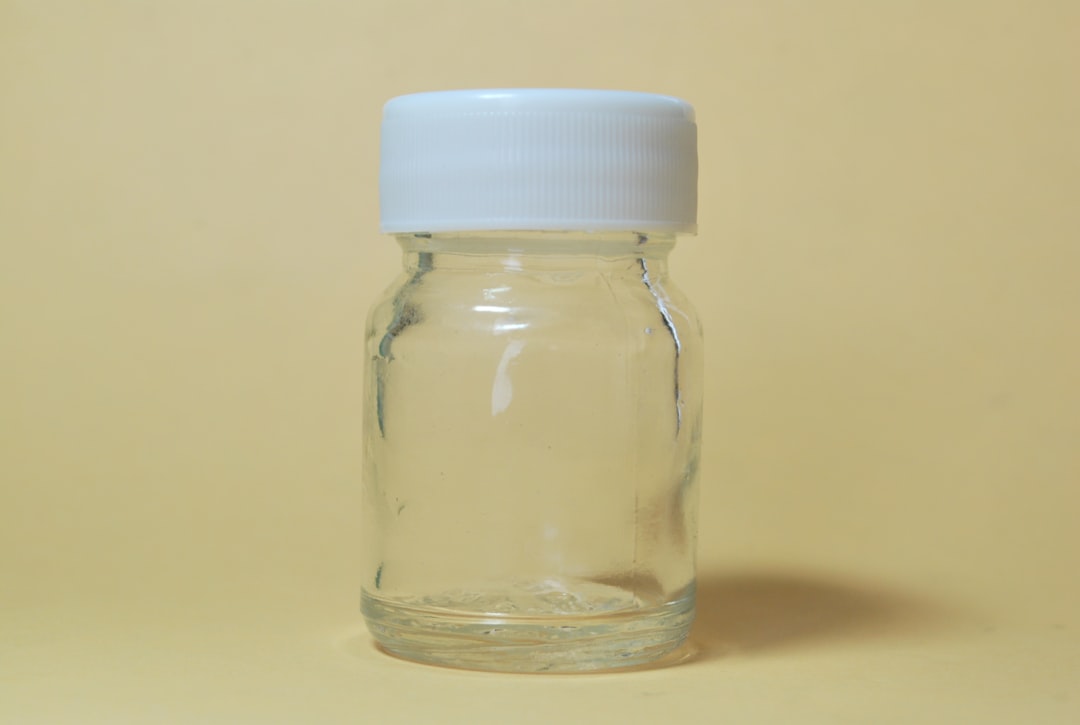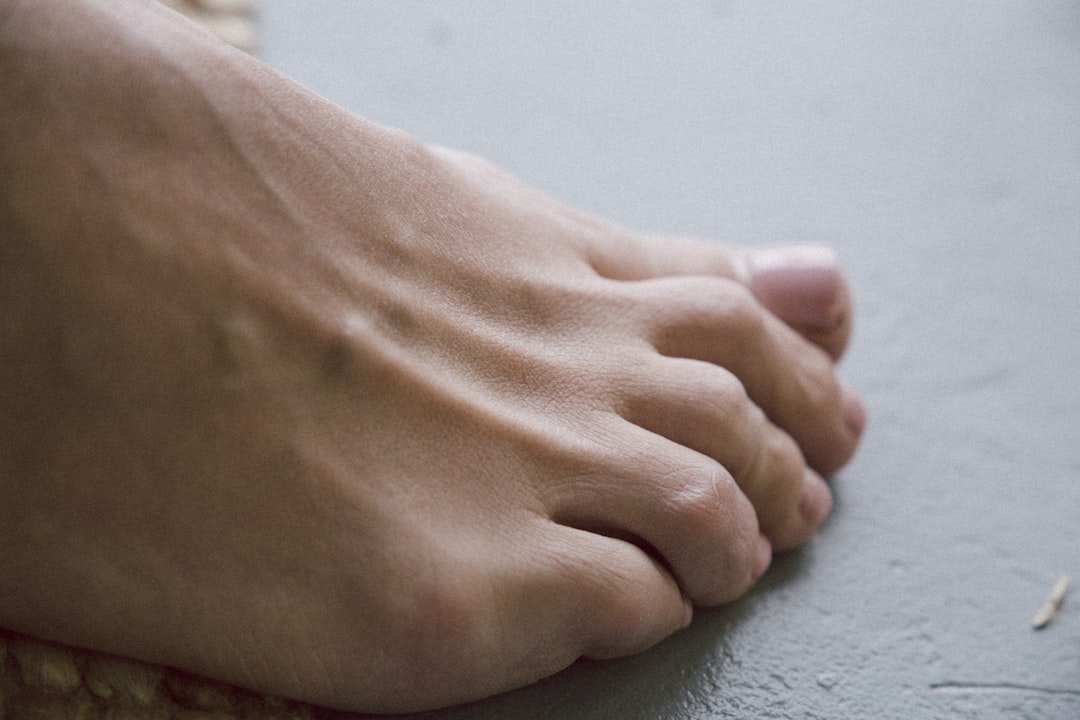Kidney Crisis: 7 Morning Signals Your Body Sends Before Kidney Pain Starts
Some of the body’s most important clues about kidney wellness quietly appear in the very first hours of the day. While most of us rush through our morning routines, the signals sent by our kidneys can slip by unnoticed—yet these subtle signs are often the first chapter in a story developing long before pain arrives. If you’ve ever wondered whether there are ways to stay one step ahead of kidney trouble, the answer is yes. Mornings provide a natural window into how well these vital organs are balancing our fluids, filtering toxins, and supporting our everyday vigor. This isn’t about worrying at sunrise or scrutinizing every ache. Instead, it’s about gentle awareness: paying closer attention to patterns in sleep, bathroom visits, swelling, skin, appetite, and more. Tuning in to these early signals does not mean something is wrong—it means you’re giving yourself the power of informed, proactive care. Below, we’ll explore seven distinct morning signs that may suggest your kidneys are working harder than they should. Knowing what to watch for, why it happens, and how to recognize these cues allows you to have knowledgeable, confident conversations with your care team if something seems amiss. So let’s step into your morning together. Here are seven gentle signals your body might send before kidney pain even starts.
1. Morning Urination Pattern Changes

One of the earliest signals your kidneys could be sending is a change in your morning bathroom routine. For many, this shows up as more trips to the bathroom during the night or a stronger-than-usual sense of urgency as soon as you wake up. Maybe you’ve started to notice that your first morning visit feels different—perhaps there’s a greater volume of urine than expected, or you find yourself making mental notes about getting up several times overnight. Kidneys that are struggling often can’t concentrate urine as efficiently, which means your body has to eliminate more water overnight. This change in how your kidneys filter can show up as increased nighttime urination, a heavier first morning void, or a sense of mild dehydration. It’s not about tracking every detail obsessively, but gently noticing if your routine is changing. Are you making more nocturnal bathroom trips than before, or does your morning visit feel noticeably different? Paying attention to these subtle shifts—especially if they happen over several days—gives you a valuable window into your overall kidney function. If something seems persistently off or is paired with other signals in this list, it may be worth mentioning to your health provider. Your kidneys deserve a little morning mindfulness, too.
2. Morning Facial and Eye Swelling

Have you ever glanced in the mirror first thing and noticed your eyes or cheeks are a bit puffier than usual? Morning facial swelling, especially around the eyes, can be a sign your kidneys are having a harder time removing extra fluid from your body. When you’re lying down overnight, fluid tends to redistribute and accumulate in soft tissues, with the face showing these changes most clearly. Healthy kidneys do an excellent job clearing the day’s fluid load, but when they’re under stress, even minor imbalances can show up as that telltale pillow-face look. This puffiness is most obvious immediately after waking and often fades as you move around, thanks to gravity and circulation. Instead of brushing it off, try checking your eyes and cheeks before you get out of bed. If you consistently notice swelling that’s new for you, or if it pairs with swelling elsewhere (like your feet or hands), consider it your body’s gentle nudge to keep an eye on kidney wellness. Don’t forget—occasional puffiness can have lots of harmless causes, but recurring or unexplained changes deserve attention. A little morning reflection can reveal much more than just sleepiness.
3. Post-Sleep Fatigue Quality

There’s a special kind of tiredness that can follow you out of bed—a deep, sluggish fatigue that lingers even after what should’ve been a good night’s sleep. Unlike normal drowsiness, kidney-related fatigue feels heavy, sometimes described as “bone tired.” If you wake up with persistent exhaustion that doesn’t budge as your morning hours unfold, your kidneys may be sending you an early message. This happens in part because unhealthy kidneys can have trouble making a hormone that signals your bone marrow to produce red blood cells. Fewer red blood cells means less oxygen gets delivered around your body, resulting in anemia and the signature heavy fatigue. On top of that, toxins build up a little when kidneys don’t filter as they should, further sapping your morning energy. The key is noticing changes in quality, not just quantity—do you feel rejuvenated after rest, or does sleep barely make a dent in your tiredness? Pair this with other signs on the list, and you’re offering yourself a more complete picture of your total health. Remember, honoring how you feel upon waking is a form of self-respect, not indulgence.
4. Morning Urine Characteristics

The first glance at your morning urine can reveal important hints about what’s happening inside you. Healthy kidneys produce urine that’s pale and free of unusual bubbles, but kidneys under stress might allow protein or blood to sneak into your urine. Signs to watch for? Persistent foaminess (like a shaken-up soda), a pink, red, or brownish tinge, or a pungent, unfamiliar odor. These changes are often most visible after urine has been concentrated all night, making the first trip of the day the best time to spot something new. Foam that doesn’t disappear quickly can suggest protein loss, while red or brown shades might point to blood filtering struggles. For most people, this check takes just a second before flushing and is simply about awareness, not alarm. If you spot something odd several days in a row—especially if it’s paired with other morning signals—it’s worth having a gentle chat with your healthcare team. Morning is a great time to catch little changes your body is hoping you’ll notice.
5. Morning Lower Extremity Swelling Assessment

Putting on your shoes or socks in the morning can be surprisingly revealing. Swelling in the feet, ankles, or lower legs is a classic early sign that kidneys aren’t balancing fluid as well as they could. It’s more than normal day-to-day fluctuations—this kind of swelling, also known as edema, is usually most obvious after lying flat all night, when gravity’s pull lets fluid settle in your lower extremities. If you notice that your socks leave deeper marks than usual, your shoes are tighter in the morning, or you see obvious puffiness around your ankles, your kidneys could be asking for some extra attention. Rapid-onset swelling or unexplained changes over several mornings can signal that your body is holding onto more salt and water, which are filtered by the kidneys. A quick check before you start your day can become a valuable health habit. If swelling keeps cropping up, especially alongside other symptoms from this list, reach out to your provider. Every footstep is a reminder of the journey you share with your body.
6. Morning Appetite and Taste Changes

You may not expect your kidneys to influence your breakfast plans, but they play a bigger role than most people realize. If you find yourself skipping breakfast because nothing sounds appealing, or you notice a metallic, bitter taste in your mouth as soon as you wake up, those could be the body’s way of flagging subtle kidney distress. When kidneys fall behind in filtering wastes from the blood, those toxins can subtly cloud your sense of taste and reduce your appetite. This can show up as nausea, a persistent “off” flavor, or a new indifference to morning coffee or foods you usually love. While anyone can occasionally lose their appetite, pay attention if this pattern becomes more pronounced, especially together with other changes like fatigue or swelling. Gentle curiosity—without self-judgment—makes it easier to catch these shifts in real time. Remember, nurturing your relationship with food is a vital part of overall wellness, and your body appreciates every thoughtful observation you make.
7. Morning Skin Condition Assessment

Your skin is often called a window to your internal health, and in the morning, it might be sharing more than meets the eye. Persistent itchiness or dry patches that greet you after sleep may point to mineral imbalances or a buildup of waste that healthy kidneys would normally filter out. These sensations are rarely dramatic—instead, they sneak in quietly as dryness, flakiness, or a nagging need to scratch. Because morning hygiene routines offer a fresh start each day, they’re the perfect time to notice any new or worsening discomfort. If you find yourself reaching for moisturizer more often, or the itchiness sticks around even when there’s no rash, your kidneys could be signaling through your skin. Consistency of symptoms is more important than intensity. Think of your morning body-care habits as a check-in, not a test—and know that these surface clues are just one of many ways your body supports early detection. Every bit of self-care is another step toward long-term vitality.
Paying Gentle Attention to Morning Signals

The early morning hours are a quiet invitation to connect with your health, long before discomfort turns into pain. Each of these seven signals—no matter how subtle—acts as the body’s way of nudging you toward empowered self-awareness. Noticing changes doesn’t mean bracing for the worst; it means you’re giving yourself the gift of early action, informed choices, and, if needed, meaningful conversations with your healthcare team. The most important message is one of reassurance: You know your body better than anyone. Patterns matter more than isolated moments of puffiness, tiredness, or appetite changes. If you spot a few of these signals happening together, especially across several days, your awareness can make all the difference. Early detection offers the best opportunity not only to slow kidney trouble but to nurture the vibrant well-being you deserve at every stage of life. So tomorrow morning, as the world wakes up, let a little gentle curiosity guide your routine. By listening to these quiet cues, you’re honoring your story, protecting your energy, and taking steps toward feeling your best from the inside out.